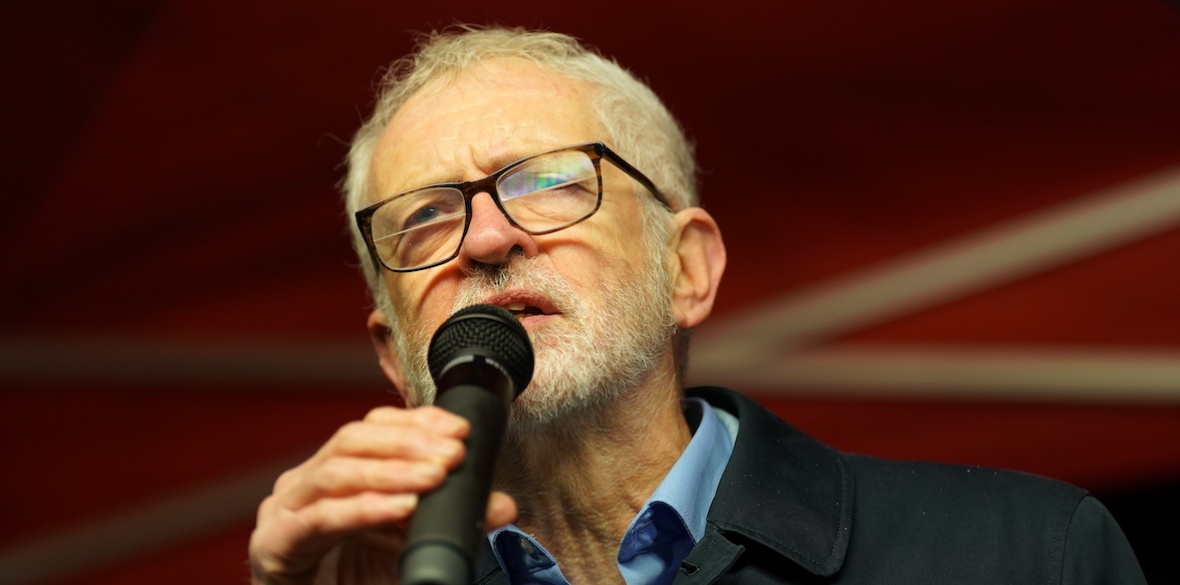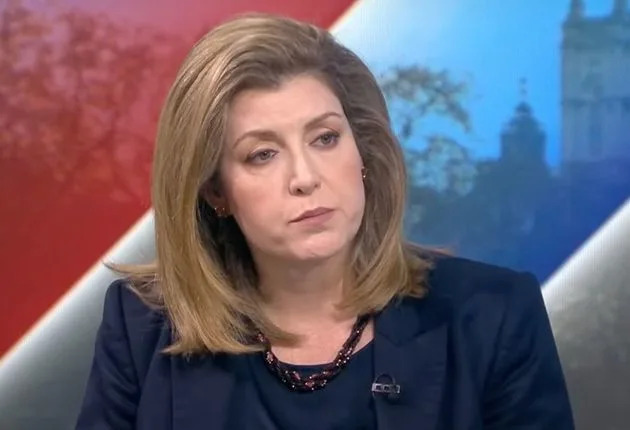
Joseph Schmitt/Thomson Reuters Foudation
Popular Zambian TikTokker Dora Moono Nyambe sits with students at her school in Mapapa, Zambia in this undated photograph. Ms. Nyambe's TikTok fanbase donated almost $500,000 to build a school in Zambia.
Dora Moono Nyambe, a Zambian teacher, used TikTok to share videos of daily life in her village and drew millions of followers. Thanks to the donations from her fans, she plans to bring education to hundreds of rural African children.
By Nita Bhalla Thomson Reuters Foundation
February 17, 2023|LUSAKA, ZAMBIA
When Zambian teacher Dora Moono Nyambe started posting videos on TikTok three years ago, she had to ask her daughter’s friend how to use the popular social media platform.
Today, Ms. Nyambe has amassed 4 million TikTok followers with colorful videos of daily life in her village of Mapapa – and raised almost $500,000 to bring education to hundreds of marginalized rural children.
“I had no idea when I first started using TikTok – so I just started showing how life in the village was,” Ms. Nyambe told the Thomson Reuters Foundation via video call from the Zambian capital Lusaka.
About these ads
“How we lived under the thatch roof, how we cook on an open fire, and how we used to teach under a tree as there was no proper school for the children. The response was overwhelming – people were so interested.”
Ms. Nyambe started a crowdfunding appeal in 2020 with the aim of building a school for the children of Mapapa located 280 km (175 miles) north of Lusaka.
While some critics have accused her of using media that exploits the lives of vulnerable people to generate donations or publicity, Ms. Nyambe said the impact of her work should judge her.
Recommended

FOCUS
Families are leaving public schools. How will that change education?
In three years, she has founded a charity called “Footprints of Hope” and built a school that has 350 children and 24 teachers. It has 12 classrooms, a kitchen, a dining hall, dormitories, and a science laboratory.
The TikTok star – who has 13 adopted and 150 foster children – has also installed four water boreholes in Mapapa, and hired teachers to work in schools in neighboring villages.
Teen pregnancies, child brides
While nearly 72% of Zambian children complete primary school, there are considerable regional disparities that mask the lack of education in many rural areas, according to the U.N. children’s agency (UNICEF).
Girls are more disadvantaged than boys and have higher dropout rates in upper primary and secondary grades due to factors like teenage pregnancy, child marriage, and a lack of menstrual hygiene facilities in schools, UNICEF adds.
Almost 1 in 3 Zambian girls becomes a mother by age 18, according to government data. A similar percentage are married by the time they reach adulthood, according to the campaign group Girls Not Brides.
Recommended

FOCUS
Tapped out: An Arizona community symbolizes West’s water woes
Ms. Nyambe, who is not originally from Mapapa, said she visited the village in late 2019 to see a friend’s family and was shocked by the number of children who were out of school, and the high rates of early marriage and teen pregnancies.
About these ads
“As a teacher, as a human being, I felt I had to do something to bring education to these children,” said Ms. Nyambe.
With her savings and her then-five adopted children, Ms. Nyambe moved to Mapapa, bought a plot of land, and started teaching the village children under a tree in the hope that she would eventually be able to build a school.
Soon she began documenting her life on TikTok: creating videos of her cooking or dancing with her students, buying food for her children, and having conversations with them about issues from climate change to child marriage.
“I just tried different things and the TikTok posts seemed to get a lot of likes and comments ... people wanted to know more and wanted to help me,” said Ms. Nyambe.
Recommended

THE MONITOR'S VIEW
Europe’s weapon against Russian disinformation
Dealing with online accusations
Ms. Nyambe’s videos now attract tens of thousands of views – even drawing the attention of U.S. popstar Meghan Trainor, who shared one of Ms. Nyambe’s videos of the school dormitories set to Ms. Trainor’s hit song “Made you look.”
Ms. Nyambe’s charity funds the school, and also supports rural children through food distribution, clothing drives, and health assistance.
A book titled “Under a Zambian Tree” documenting her journey was released on Feb. 7, with proceeds of the first 5,000 copies going towards her charity.
Ms. Nyambe said she has had to negotiate with villagers to allow their children to attend school and has rescued many girls from child marriages – often having to reimburse the families for the cost spent on their weddings.
The former English teacher has faced online abuse, with some accusing her of “charity porn” and exploiting the students for personal gain.
Recommended

JUSTICE
In Israel, streets swell with an urgent battle cry: ‘Democracy!’
Ms. Nyambe said much of the negativity came from people in Zambia who said she was a fraud or painting a bad image of the southern African country.
“Most comments are positive, but on almost every post, there will be a comment where I am accused of being a scammer, stealing money, or exploiting the children,” she said.
“The trolling used to bother me a ton. But with everything comes growth. ... I know I am not using the children and if people came to Mapapa, they would see it, too.”
About these ads
Another impending challenge is a possible ban of Chinese-owned TikTok in the United States, from where she gets most of her followers and donations.
Ms. Nyambe said she planned to grow her following on other platforms like Instagram and YouTube and wants the school to become more financially self-sufficient through activities like raising chickens and planting kitchen gardens.
Recommended

TRANSFORMATION
Behind the velvet ropes: Thoughts from a Met museum guard
But she cannot imagine leaving TikTok behind.
“There is no way I would have been able to achieve what I have if it wasn’t for all the TikTokers who have supported me,” said Ms. Nyambe.
This story was reported by Thomson Reuters Foundation
Related stories














